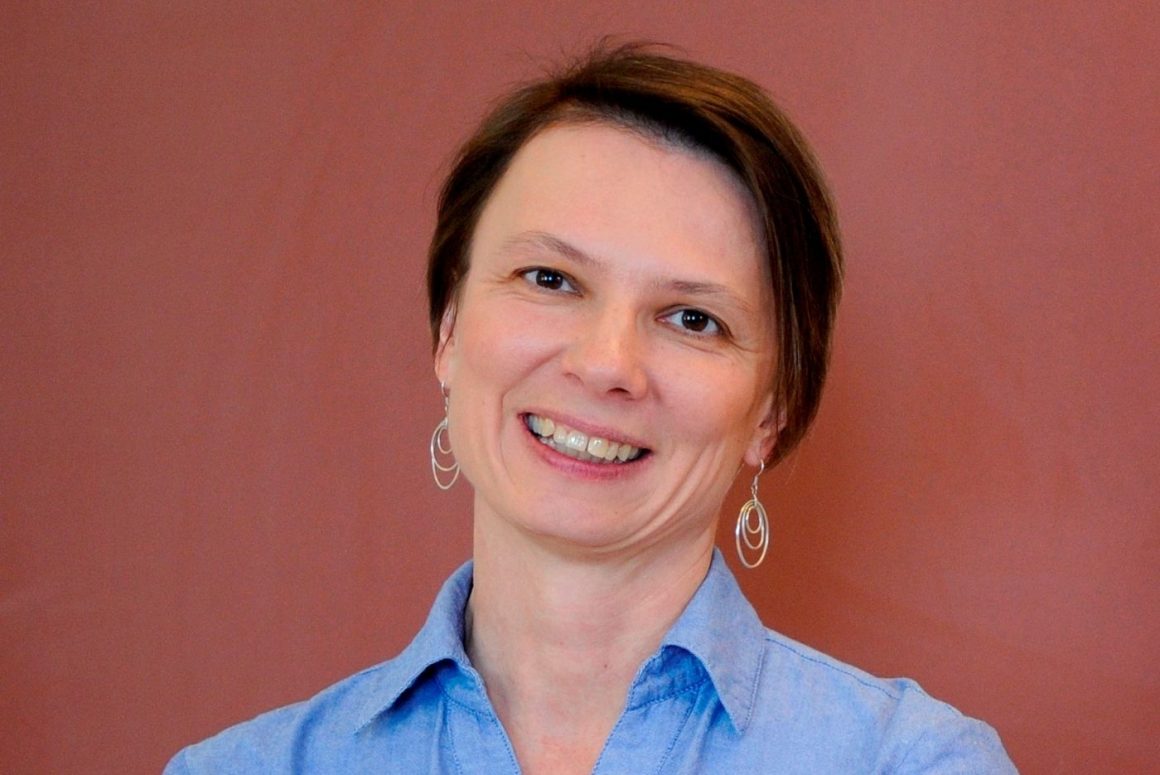
Preserving the diversity of language in a globalizing world
By Mah Noor, February 20 2021—
In Canada, many individuals, including immigrants, communicate only through the dominant language — English — even if it is not their first or most proficient language. The loss of language has become increasingly concerning as the world has undergone globalization and become more connected than ever before.
On Jan. 29, Julie Sedivy, along with several other speakers, shared their stories about struggling to hang on to their mother languages after moving to Canada and how they are seeking to create space in society for the inclusion of different languages in a webinar titled Irreplaceable Languages: Losing and Reclaiming our Mother Tongues.
Julie Sedivy started her academic career with the intention of becoming a writer, but this changed as soon as she took her first linguistics course during her undergraduate degree. She found the study of language so intriguing that she went on to earn a B.A., M.A. and a Ph.D. in Linguistics. Sedivy taught for 12 years at Brown University before moving to Calgary, which is when she started her career as a freelance writer and editor. Sedivy writes about anything and everything, from scientific articles to literary pieces. She is also still teaching and is currently an adjunct associate professor at the University of Calgary, where she is part of the Department of Psychology and the School of Languages, Linguistics, Literatures and Cultures.
Sedivy’s journey with her native language may be a familiar one for many immigrants. She was born and spent the first few years of her life in the Czech Republic, immersed in her mother tongue, before moving to Italy with her family as political refugees. From Italy, her family moved to Vienna and then finally to a majority Francophone neighbourhood in Montréal, Canada. By this point, Sedivy had been exposed to four different language environments, learning English shortly after starting school. English rapidly became the only language Sedivy used and was the only language she passed on to her own children. Sedivy remarked during the webinar that, “even though English was the fifth language to enter my life, it’s the only one in which I feel competent as a writer.”
Sedivy identifies herself as part of the generation called “Generation 1.5,” a generation of individuals who were born in one country, but moved to another as early children. This move leaves the mother tongue of those individuals immensely vulnerable as their family language is pushed into a smaller and smaller space, and leads to severe language attrition in which individuals speak “the kitchen language.” That is, they are able to speak about everyday things at home, but are unable to communicate more complex ideas and feelings. Individuals often speak sentences that sound ungrammatical to native speakers and are unable to pass on their language even if they wanted to. This can leave them disconnected from their families and culture as they become more reliant on the dominant language.
Language loss is not just a pattern observed in immigrants, but also occurs in Indigenous communities, as they were systemically prevented from speaking their mother languages and forced into residential schools to learn the dominant language, English. Indigenous languages continue to be ignored and oppressed. Languages are sometimes seen to carry status as well, and Indigenous languages seem to fall at the bottom of the status hierarchy. This is a way of cognitive imperialism that has been imposed on Indigenous groups, as the elite groups of our society use knowledge as a means of control. According to Trent Fox, one of the speakers at the webinar, the ways of teaching that exist in Canada today undermine Indigenous structures and it is time that language policies start reflecting the multiculturalism of Canada.
Reclaiming a lost language may be more attainable than many individuals who are a part of Generation 1.5 may realize. Childhood languages have proven to be much more resilient than one might think. Under the right circumstances, they can easily float to consciousness and an individual can reclaim a language they had thought lost to them. Sedivy herself, in an attempt to reclaim her mother tongue, travelled back to Czechia to immerse herself back into her childhood environment. At first she had struggled greatly, making grammar mistakes that had even children laughing, but she found that the language started coming back to her much faster than she would have expected. Once individuals undertake the journey to relearn their mother tongue it is clear that memory traces of the language lie within their unconsciousness.
Many individuals, however, often find themselves lacking the resources to try to reclaim their mother tongue as many classrooms are tailored to new learners, and relearners learn in very different ways as they have a much different relationship to the language that is rarely addressed in curriculum design. Lack of proper education to relearn or preserve a diversity of languages was one of the common concerns of almost all of the speakers at the webinar, and it is clear that preserving the diversity of language will not be easy and will require a huge effort from the government and individuals alike.
